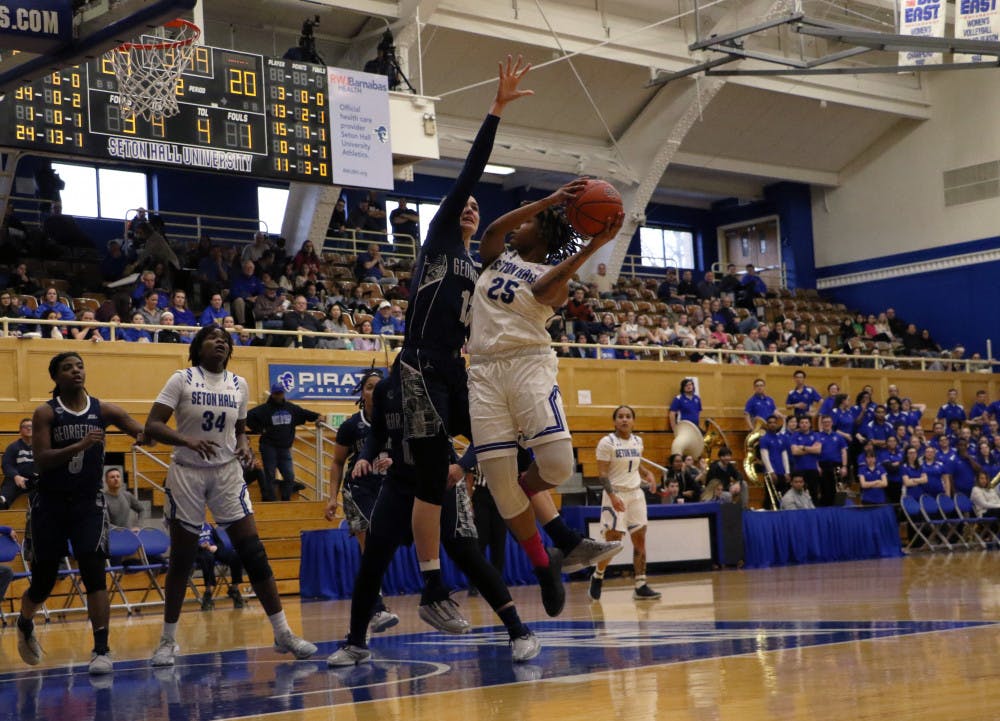American Sign Language classes could soon fulfill the College of Arts & Sciences core language requirement as the Student Government Association explores the option.
According to Melissa Boege, SGA president, vice president of SGA, Dana Kappel, has discussed the idea with Christopher Kaiser, associate dean of undergraduate student services and enrollment management, but no decisions have been made as of yet.
Both Boege and Kappel are working on the initiative.
"We are doing research on the subject and hope to be in contact with the chair of the Modern Languages Department over the next few weeks," Boege said.
American Sign Language classes can currently be taken as an elective or as a required course in certain majors under the College of Arts & Sciences.
According to the interim Dean of the College of Arts & Sciences, Joan Guetti, the core language requirement in the College of Arts & Sciences attempts to address the mission of preparing students to live in a global society.
"As a mathematician, I would point out that mathematics is about as close as one can come to a ‘universal' language," Guetti said. "However, I would not accept mathematics as a substitution for the foreign language requirement in the college based on this argument."
While Guetti's standing on ASL as a language fulfillment in the College of Arts & Sciences is unclear, she does agree with its importance as a language.
"I do see American Sign Language as a very useful skill that students may want to learn," Guetti said. "I have seen more and more instances of public meetings and events, religious services and artistic performances where someone is in front signing for those members of the audience who are hearing impaired."
Boege said knowing sign language is as important as knowing any other foreign language.
Senior Alyssa Hebel, a criminal justice major who took ASL as an elective, feels ASL would help bring attention to those with hearing disabilities.
"Many employers emphasize the importance of learning a second language such as Spanish, French or Italian in case they have a client that cannot understand English," Hebel said. "Yet little attention is paid to those clients that could be deaf or hearing impaired."
Both Hebel and Boege agreed that having ASL fulfill the language requirement in the College of Arts & Sciences would benefit students greatly.
"I have learned how to sign more phrases in Sign Language than I have ever learned to say in another language class," Hebel said. "I have always had trouble in Spanish classes, so this would have been a nice substitution in terms of credits."
Boege said she feels very strongly about looking into this initiative and working with faculty to investigate whether this change would be possible.
"The feedback from students has been positive, and many hope that such a change will be considered," Boege said.
Students who have questions or concerns about the foreign language requirement should consult Dr. Anne Mullen-Hohl in the Department of Languages, Literatures and Cultures, or Dean Kaiser.
Ashley Duvall can be reached at Ashley.Duvall@student.shu.edu.





